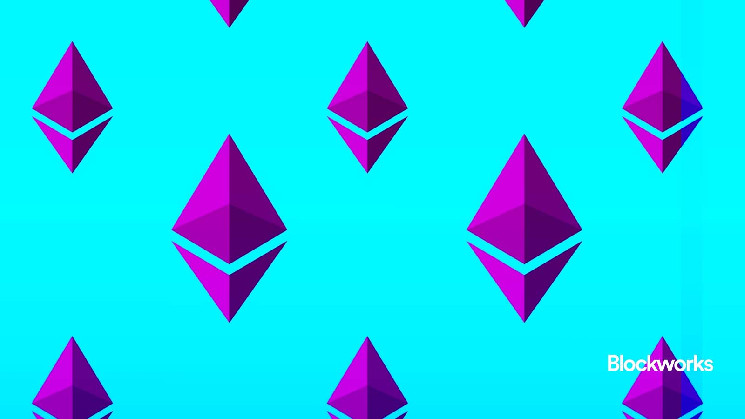As the Ethereum community celebrates the network’s ninth birthday, developers are navigating the complexities of testing and implementing core features of its next major upgrade, Pectra.
Recent iterations of the developer networks (devnets) have highlighted testing challenges that are slowing the pace of progress, according to developers on the bi-weekly All Core Devs call, Thursday.
Last week, the launch of Devnet-1 ran into problems due to an issue with EIP-7702, leading to multiple forks and making it hard to spot bugs. To fix this, developers quickly rolled out Devnet-2, leaving out EIP-7702 and concentrating on other Ethereum Improvement Proposals (EIPs).
EIP-7702, named “Set EOA account code for one transaction,” allows an Ethereum address — an Externally Owned Account (EOA) or a wallet — to temporarily take on the powers of a smart contract for a single transaction.
Read more: The jury is still out on Vitalik’s account abstraction proposal
There remain open questions, such as whether the smart contract superpowers should be restricted to EOF addresses, Nethermind developer Ahmad Bitar said on the call.
“We want to potentially only restrict delegation to EOF accounts, but we still want to go through more devnets on Pectra probably with EOF to see if this is actually what we are going to do with 7702,” Bitar said.
EOF, a new format for Ethereum contracts, has been the most contentious aspect of the Pectra upgrade over the past year, amid fears around unintended side effects and general scope creep of an update whose complexity rivals The Merge, in 2022, to proof-of-stake.
This aspect of Pectra has not yet reached devnets and EOF is currently undergoing fuzz testing, according to Danno Ferrin, an independent Ethereum contributor.
Mario Vega, with the Ethereum Foundation testing team, is focused on devising new ways to prod the code for any shortcomings.
“I’m still worried about the interactions between EOF and the rest of the EIPs because we’re still in the process of writing these tests,” Vega said, adding that they are not yet ready.
While testing is being prioritized, the group pledged to revisit EOF’s integration in two weeks.
Read more: Ethereum client team throws down the gauntlet on EVM upgrade
Since EOF is a bottleneck to finalizing the specification of EIP-7702, Devnet-3 will reintroduce the EIP only with other recent changes in effect.
Limited developer resources for code testing are also delaying decisions on EIP-7212. This proposal introduces a precompiled contract for signature verification using the secp256r1 elliptic curve. Although it is among the remaining Candidates For Inclusion (CFI), it has not yet been definitively included in Pectra.
Opinions differ on whether this should be implemented on Ethereum mainnet at all, or deferred to layer-2 solutions to deal with.
Read more: Ethereum devs weigh mainnet features against rollup push
Teams prefer to see more progress on Pectra before reaching a consensus on EIP-7212, and other changes considered nice-to-haves.
“I kind of would like to see how Pectra plays out over the next couple months,” said pseudonymous core developer Lightclient, expressing the consensus view. “7212 is very easy to do, but we’re not on top of Pectra right now and it doesn’t feel like now is the time to be adding additional stuff,” he said, preferring to decide the question in the Fall.
The Ethereum enters its tenth year, the August holiday period is likely to slow down development work somewhat, although the cadence of ACD calls and those of smaller breakout teams remains the same.
 blockworks.co
blockworks.co
